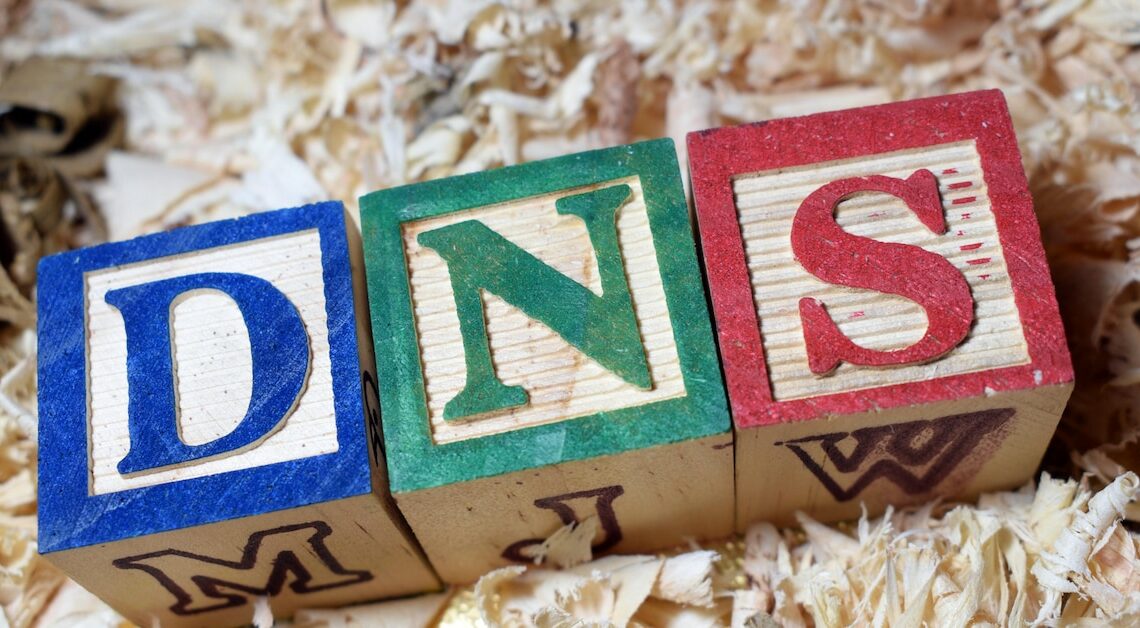
You will come across the term DNS when you are, for example, concerned with the basic structure of the Internet or networks.
What DNS means: This is what it is needed for
The Domain Name Systemor DNS for short, is an essential component of the Internet. It serves as a kind of “telephone book” that stores human-readable domain names such as www.chip.deinto IP addresses. Computers need these to communicate with each other.
- Without DNS, the Internet would be unusable for most users because they would have to remember complex sequences of numbers in the form of IP addresses instead of simple domain names.
- For example, if you want to open a website like chip.de with your browser, enter this address in the corresponding field. In order to actually find the website, however, the browser needs the IP address. The DNS helps with this.
- DNS is a system that converts Internet addresses or computer names into IP addresses and vice versa.
- If you now enter www.chip.de into your browser, a request for the IP address is sent to the DNS server. For private individuals, this is usually located at the associated Internet provider. The DNS server then returns the IP address.
- If a DNS server cannot find a name or IP address, it asks another DNS server. There are numerous DNS servers all over the world, all of which are interconnected and constantly inform each other about changes.
- The DNS is therefore responsible and necessary for us to be able to access websites via Internet addresses or IP addresses.
- By the way: In biology, DNS is also the German term for the carrier of genetic information – DNA.
DNS: Shorter loading times and Internet security
DNS now also plays an important role in Internet security and performance.
- On the one hand, so-called caching shortens the loading time of websites. This means you can access a website more quickly and don't have to wait forever for it to load.
- To do this, so-called DNS resolvers store frequently visited domains in a local cache. This means that you don't have to perform the complete DNS lookup every time, which significantly improves performance. However, you should still clear your cache from time to time.
- In terms of Internet security, there are now several methods used by attackers to redirect you to fake websites. These include DNS manipulation such as DNS spoofing or hijacking.
- To prevent this misuse, DNSSEC (DNS Security Extensions) was developed, which provides an additional layer of security by digitally signing DNS records, thus ensuring the authenticity of the information.
